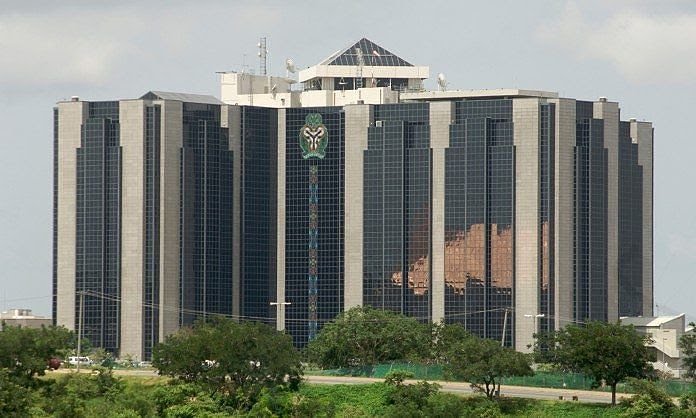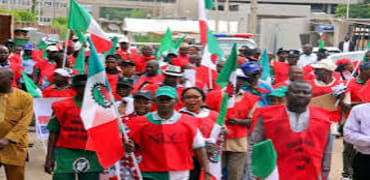Where's the Cash? 94% of Nigeria’s Currency Circulates Outside Banks, Says CBN
Where's the Cash? 94% of Nigeria’s Currency Circulates Outside Banks, Says CBN
By Achimi Muktar
The Central Bank of Nigeria (CBN) has sounded the alarm on the country’s cash distribution, revealing that a staggering 94.3% of the total currency in circulation—amounting to N4.29 trillion—is held outside the formal banking system. This shocking revelation highlights Nigeria’s enduring reliance on cash transactions, even as efforts to modernize financial systems gain momentum.
The Alarming Surge in Cash Outside Banks
Data from the CBN’s money and credit statistics paints a worrisome picture of rising currency outside deposit banks. In October 2024, currency held outside banks surged by N1.59 trillion—a 59% year-on-year increase from N2.70 trillion in October 2023.
On a month-to-month basis, the trend continued to climb. Between September and October 2024 alone, the amount of cash outside banks increased by 6.8% (N270 billion), rising from N4.02 trillion in September to N4.29 trillion.
This pattern has persisted throughout the year. For instance:
September 2024: Currency outside banks stood at N4.02 trillion (93.1% of the total N4.31 trillion).
August 2024: N3.87 trillion (93.3% of the total N4.14 trillion).
July 2024: N3.67 trillion (90.5% of the total N4.05 trillion).
The growing preference for holding cash outside banks suggests that a large proportion of Nigeria’s population remains disconnected from formal financial institutions despite the central bank’s push for a cashless economy.
A Cash-First Economy
This trend could have far-reaching implications for Nigeria’s financial modernization efforts. The government has been striving to reduce reliance on physical cash by promoting electronic payments, mobile banking, and other digital financial solutions. However, the persistence of cash usage undermines these initiatives, complicating the transition to a cashless society.
Olusoji Oluwole, President of the Association of Senior Staff of Banks, Insurance, and Financial Institutions, highlighted the role of the CBN’s policies in exacerbating cash shortages. According to Oluwole, the apex bank has struggled to meet the cash demands of commercial banks, further fueling the trend of Nigerians hoarding cash.
The Bigger Picture
As Nigeria grapples with the challenges of modernizing its financial systems, the reliance on cash remains a significant hurdle. Experts warn that this could hinder economic growth, encourage informal transactions, and reduce the efficiency of monetary policy implementation.
For the CBN, tackling this issue will require more than policy changes. It demands a robust campaign to boost financial literacy, improve trust in banking institutions, and expand access to digital payment systems.
The question remains: can Nigeria transition from a cash-heavy economy to a cashless one, or will the allure of physical currency continue to dominate its financial landscape.


















